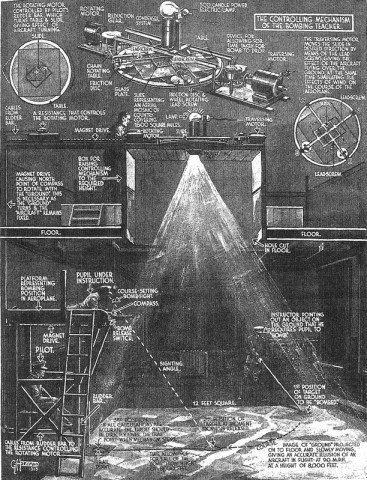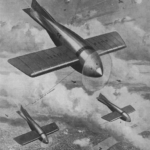In the last decade or so, it seems to have become a thing to refer to the German air raids on Britain during the First World War as the ‘First Blitz’. There are now at least three books on the topic with that title or variations thereof: Andrew Hyde’s The First Blitz: The German Bomber Campaign against Britain in the First World War (2002), Neil Hanson’s First Blitz: The Secret German Plan to Raze London to the Ground in 1918 (2008), and now Ian Castle’s The First Blitz: The Aerial Battle for London in the First World War (2015). There’s also Neil Faulkner and Nadia Durrani’s In Search of the Zeppelin war: The Archaeology of the First Blitz (2008) and Neil Storey’s Zeppelin Blitz: The German Air Raids on Great Britain during the First World War (2015).
There are good reasons for this. The lack of a convenient shorthand or commonly accepted label for the First World War raids is quite irritating when writing about them; and even referring to them as the Zeppelin raids obscures the fact that there were Gotha raids too, a more intense, if also more brief, phase of the campaign. There is relatively little awareness or understanding of the First World War raids, especially when compared with the memory of the (second) Blitz itself, so reusing the name immediately gives a sense of what happened. And the similarities are indeed striking: in my own PhD/book, while I refrain from using ‘Blitz’ to refer to both I do explicitly compare the way the British responded to air raids in 1917 and 1940 in a structural sense, including the development of civil defence measures and the impulse to carry out reprisal bombing in both periods. Even the ‘Blitz spirit’ was in evidence long before the Blitz.
But I also have some concerns. A minor one is that it’s not generally a good idea to give books on the same topic the same titles, especially in the age of SEO. More problematically, though, it is an anachronism. Nobody in 1915 London would have known what a ‘Blitz’ was, unless they spoke German. They certainly wouldn’t have associated it with aerial warfare, since that didn’t happen until the end of the 1930s. Still, anachronisms are sometimes useful (‘airminded’ itself is a good example — it wasn’t used before the mid-1920s, but what it describes already existed by c. 1910). As long as the anachronism doesn’t mislead; and in this case I don’t think it does too much, for the reasons I’ve already discussed. Of course, there are nevertheless significant differences between the ‘first’ Blitz and the real one, such as the tempo and intensity of bombing, but generally speaking that is quite clear in this comparison — it’s part of the point that the first time around was just a foretaste.
I think the real problem for me is that by choosing ‘Blitz’ as a frame, other frames are excluded. And this is as true for 1940 as it is for 1915 and 1917. There are three connected problems here. Firstly, the Blitz is a national narrative. It constructs aerial bombardment as a characteristically British experience; there is no place in the story for all the other countries that were bombed in the Second World War, from Poland to Germany itself. Secondly, the Blitz is also a nationalist narrative. It celebrates the cheerfulness and stoicism of the British people under the terrible ordeal inflicted on them by the Luftwaffe, while ignoring the widespread demands to do the same or worse to German civilians. Finally, the Blitz isn’t even really a war narrative; it’s a disaster narrative. The Blitz often isn’t portrayed as a military campaign or a strategy; instead, it’s a visitation from the heavens, bringing ruin and devastation for no purpose other than to highlight the goodness of the good guys and the badness of the bad guys. Importing the Blitz frame from 1940-41 to 1915-18 risks importing some or all of these narratives too, even if only subconsciously or partially.
I’m not suggesting that the Blitz should be discarded (not that anyone would listen if I did). But there are, of course, other ways to frame this history. Richard Overy’s The Bombing War: Europe 1939-1945 (2013) places the Blitz squarely in the European experience of aerial bombardment as well as the broader military context of the Second World War. And this suggests an alternate way to frame the air raids on Britain between 1915 and 1918: as part of the first bombing war, the same war in which Paris was bombed, Antwerp was bombed, Freiburg was bombed, Venice was bombed, and so on. So that’s what somebody needs to write now. It won’t be me, though!
![]() This work is licensed under a Creative Commons Attribution-NonCommercial-NoDerivatives 4.0 International License.
Permissions beyond the scope of this license may be available at http://airminded.org/copyright/.
This work is licensed under a Creative Commons Attribution-NonCommercial-NoDerivatives 4.0 International License.
Permissions beyond the scope of this license may be available at http://airminded.org/copyright/.




Pingback: History Carnival 152 | Hatful of History